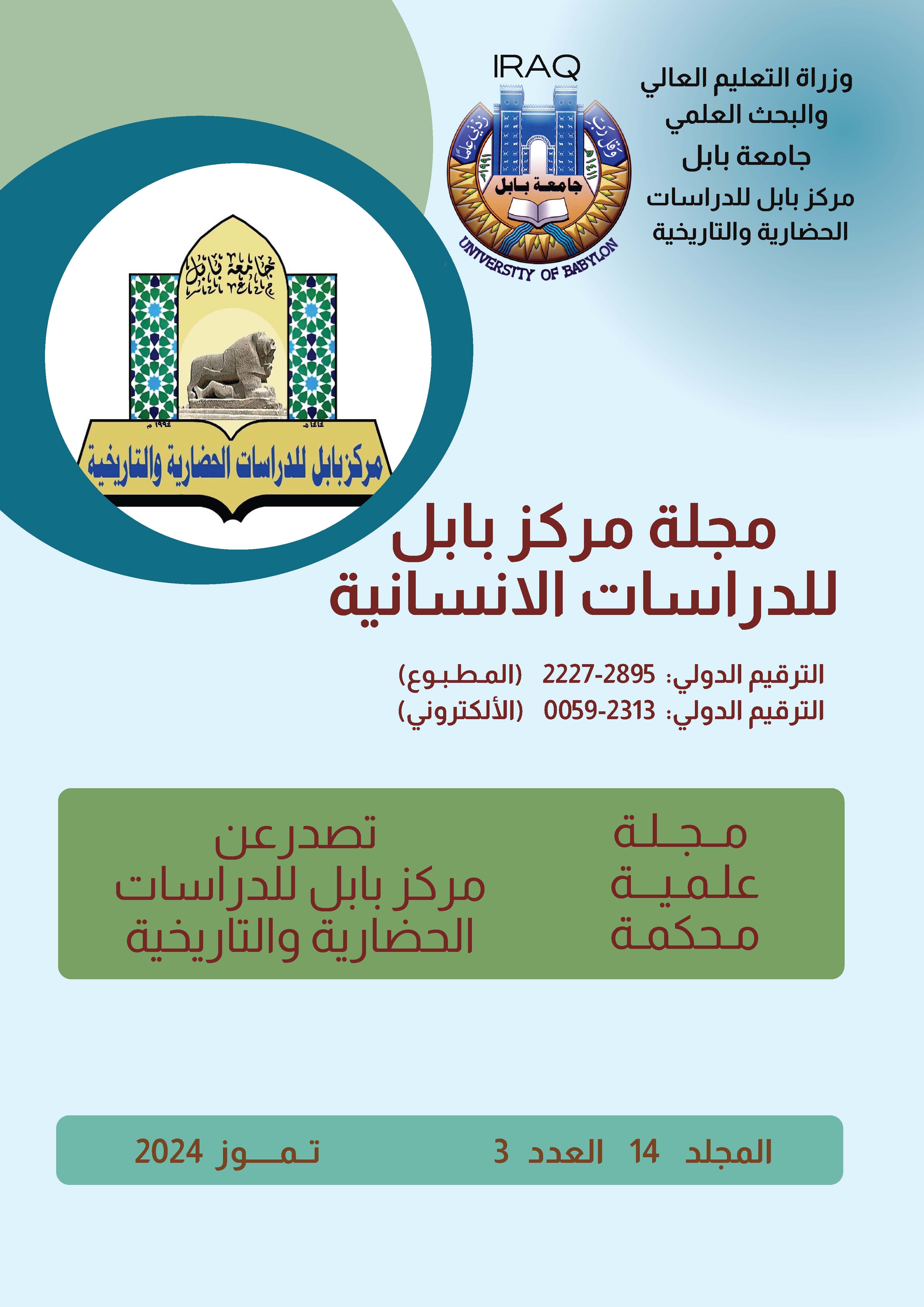The impact of the Cuban War of Independence on the United States’ declaration of war on Spain and its occupation of Cuba in 1898
Keywords:
Spanish occupation of Cuba – Third Cuban War of Independence – Treaty of Paris 1898 The US military occupation of Cuba.Abstract
This war, known as the Third Cuban War of Independence (1895-1898), was one of Cuba's two wars of independence against Spain that preceded the Ten-Year War (1886-1887), which was led by Karles Manuel D'Espides. The other war is the little war that spans a year. (1879- 1880), the importance of this war comes from being the last of the independence wars that began on February 24, 1895. This war has greatly affected American interests. This war has caused the loss of much of its economic and commercial interests with Cuba because of the destruction of property, the disruption of the shipment of goods and goods from Cuba to the United States, as well as the damage to American investment companies based in Cuba. To the detriment of the interests of venture capitalists who in turn are pressuring decision makers in the United States to intervene in Cuba, It ended the Spanish occupation of Cuba and rid it of the Spanish occupation and the beginning of the occupation of Cuba by the United States of America, which took the blast of its Maine as a pretext for declaring war on Spain to begin what has historically been known as the Spanish-American war. President William McKinnelly declared war on Spain on April 25 of the same year. The war ended with the parties signing the Treaty of Paris on 10 December 1898, article 1 of which stipulated that Spain would abandon all claims of sovereignty over Cuba and grant it independence, while the evacuation of Spanish troops would be replaced by the United States of America. Thus, the United States has achieved its overarching goal of controlling Cuba's island.







